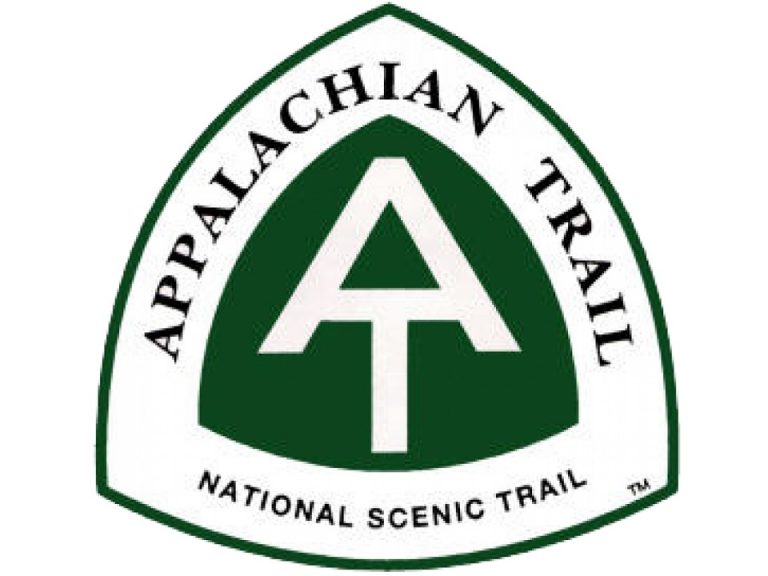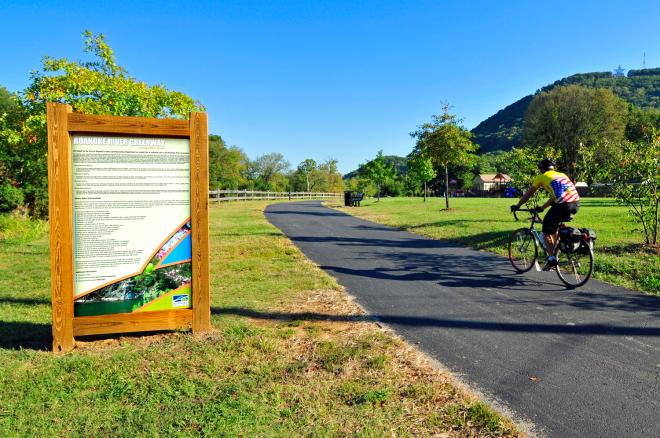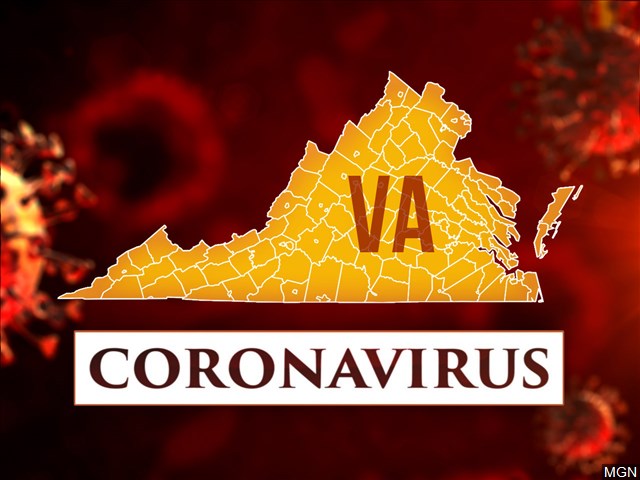According to the latest numbers released this morning from the Virginia Department of Health there are 22...
Environment and Outdoors
Those have hiked the popular McAfee’s Trail from Route 311 in Roanoke County know its somewhat of...
Could the decision by Dominion Energy and Duke Energy to abandon the Atlantic Coast Pipeline foretell what...
The U.S. Supreme Court has struck down an appeals court ruling that would have blocked construction of...
The Botetourt County Board of Supervisors recently voted to approve the Rocky Forge Wind Farm and make...
Hundreds took part in protests for racial equality this past weekend in Roanoke. WFIR’s Ian Price has...
From The City of Roanoke:During this week’s heavy rain, the City encouraged residents in the Cravens Creek...
While a majority of restaurants are struggling during the pandemic, one Roanoke eatery has hit a string...
Another sign of life returning at least a little closer to normal: the U.S. Forest Service is...
From the City of Roanoke: Due to heavy rains, the Spring Valley Dam located in the City...
Most Roanoke City paved greenways reopen tomorrow. But plan ahead before heading out — all trailhead parking...
According to numbers released this morning by the VDH, there are 730 new coronavirus cases bringing Virginia’s...
If it sounds like there’s a party going on in downtown Roanoke this weekend — there is....
Health officials, celebrities, and leaders of varying degrees have been sharing tricks to make COVID-19 precautions easier...
NEWS RELEASE: RICHMOND—Governor Ralph Northam today announced that the Federal Emergency Management Agency (FEMA) has approved Virginia...













